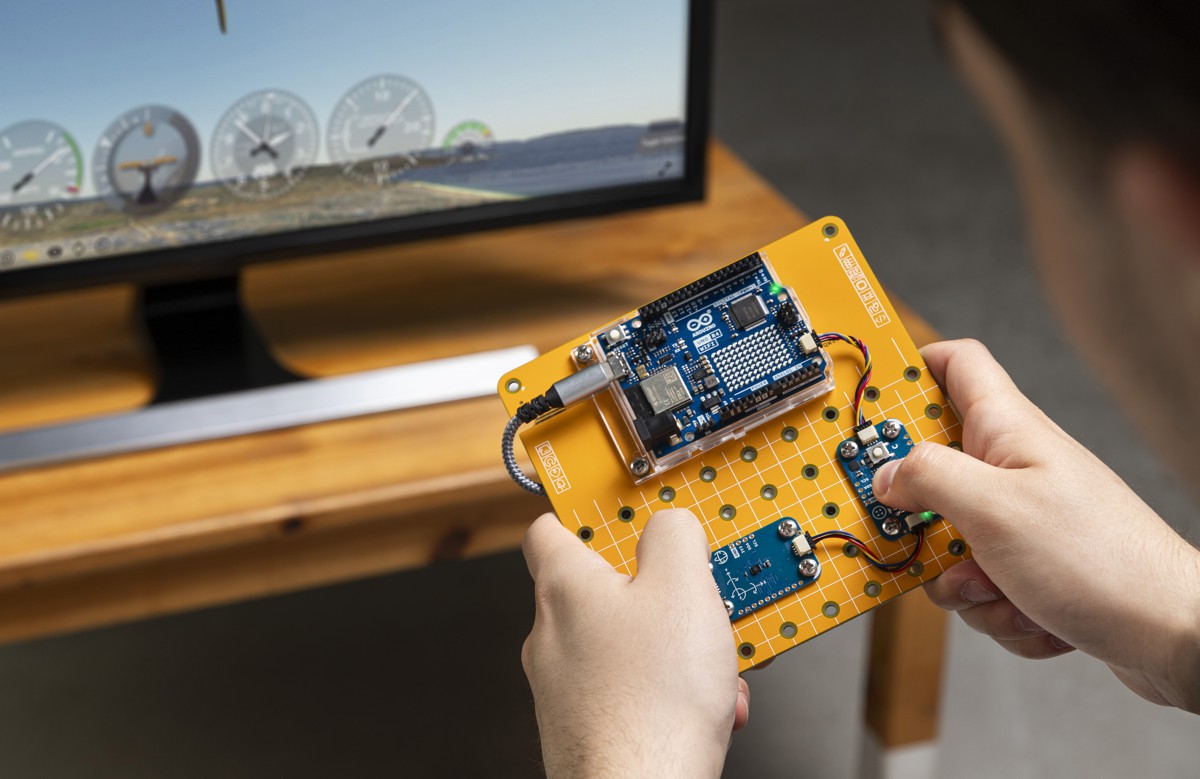Combating the Skills Shortage in STEM
Mechanical engineers make things work the way they are supposed to work, and they are inventors and innovators. They design and develop valuable technologies and machinery that advance our communities and improve our way of life. These products range from sports cars to prosthetic limbs and 3D printers.
In short, mechanical engineers create and operate the technological world around you.
The UK is experiencing a science, technology, engineering, and mathematics (STEM) skills shortage. According to a study by the Engineering Design Show, over 50% of engineering firms find it difficult to recruit and retain staff with the skills and knowledge necessary for the job. In response to this, the government is investing millions of pounds into STEM education. This means mechanical engineering will be more accessible for aspiring scientists from all backgrounds.
As of March 2021, the average salary for an entry-level Mechanical Engineering role in the UK is £36,092, ranging between £25,429 and £43,111. With the investments in STEM education and the 10% rise in wages, there has never been a better time to embark on a mechanical engineering course.
This article will explore the importance of mechanical engineers across various industries, including power plants, automotive, and aerospace.
Power plant engineers
To begin, mechanical engineers are responsible for the systems and components design, operation, and management of power plants. There are many types of power plants, including nuclear, hydroelectric, geothermal, solar, wind, tidal. Each power plant converts energy to electricity differently. Mechanical engineers collaborate with civil, chemical, and electrical power engineers to design, build, and operate power plants.
Power plant engineers ensure machinery is running at optimal capacity and maintain turbines, compressors, boilers, and much more. When a machine develops a fault, an engineer will work to find the source of the problem, develop a solution, and may be expected to work overtime. Other daily tasks of a mechanical engineer include designing power using appliances, maintenance, health and safety, security, and ensuring projects are kept within budget. Overall, energy engineers are highly important and hardworking.
The UK government pledged to make all of Britain’s energy green by 2035. This will mean British electricity supply will move away from gas and fossil fuels, focusing instead on nuclear, wind, and solar energy. These renewable sources work much differently than fossil fuels, so the way we use electricity in buildings and manufacturing and even transport will need to be redesigned. Therefore, the role of mechanical engineers is as important as ever as the nation races against time to produce environmentally friendly energy.
Automotive engineers
Mechanical engineers can also work within the automotive sector. Engineers in this industry work with a number of vehicles, including cars, motorbikes, bicycles, and buses.
Automotive engineers can work on all the different vehicle systems, like engines, batteries, gears, interior and exterior styling, materials, and brakes. They are skilled at designing blueprints for vehicle components, as well as building and rigorously testing them. Moreover, automotive engineers must be skilled at interpreting data, writing in-depth reports, and liaising with suppliers. Therefore, all engineers must be able to work both independently and within a team. This is a diverse role that is perfect for someone who lives life in the fast lane.
The UK government has pledged to ban all carbon dioxide-emitting cars by 2050. This will transform the nature of automotive engineering, and transportation on the whole. Therefore, mechanical engineers have never been more important to the automotive industry. The future of automobiles is electric, and considering electric cars save up to 1.5 million grams of carbon dioxide in one year, we can see why.
Aerospace and aeronautical engineers
Aerospace engineering is a sector of mechanical engineering that specialises in space technologies, as well as systems of technologies for aircraft that operate within the earth’s atmosphere.
These positions encompass a wide variety of jobs, from designing aeroplanes to ensuring that rocket engines use the exact amount of fuel when launching into space, although there are many transferable skills between each role. The daily tasks of aerospace and aeronautical engineers include building navigation systems, testing prototypes, planning and build aircraft components, and much more.
Aerospace and aeronautical engineers are invaluable in contemporary society. Their expert knowledge ensures the correct placement of satellites, safe passage of holiday-goers, and exploration into outer space. And with the UK government investing £1.87 billion into a European space agency, we don’t see this changing any time soon.
Overall, the importance of mechanical engineering has never been greater. As Britain attempts to lower carbon emissions, young engineers represent the future of science. There has never been a better time to become a mechanical engineer.















